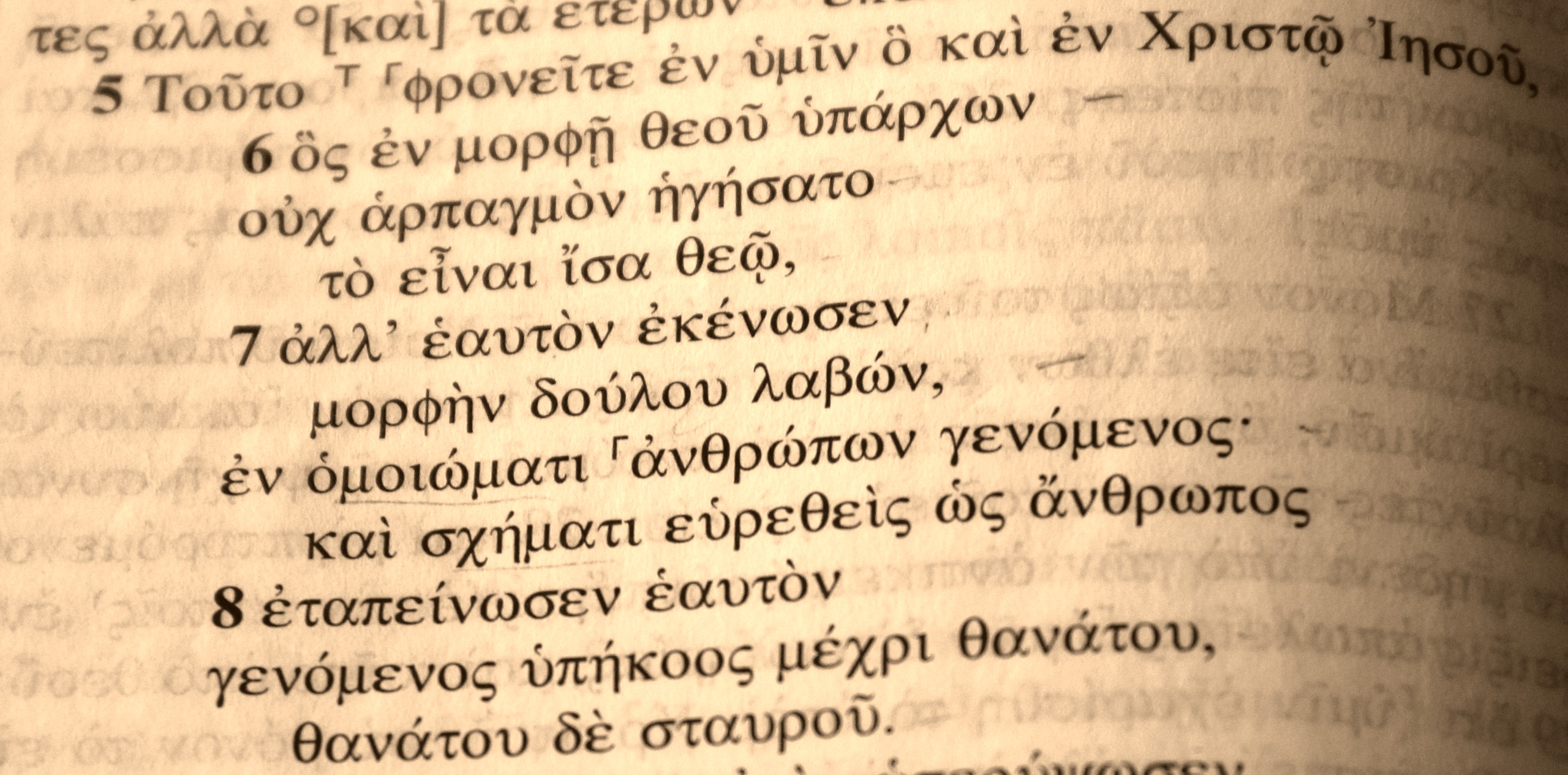In the latest installment of Practical Theology, we tackle the topic of Christians and alcohol consumption. This is a very controversial question for many Christians, especially for conservative evangelicals of the American variety. Many believers are staunchly opposed to the idea of drinking. In my own tradition (Baptist), a lot of pastors and church folks…
Category: Biblical Studies
Should Christians Get Tattoos?
In the latest installment of Practical Theology, we chat about tattoos. Is it a sin to get a tattoo? Does Leviticus 19:28 forbid Christians from getting inked up? In the video below, I also touch briefly on the broader question of interpreting the Old Testament and its commands. How should we interpret Old Testament law…
Why Should We Give Thanks?
Here is another installment of Practical Theology, an ongoing series of videos that addresses common questions and topics. Because it is Thanksgiving this week, we thought we would chat about what it means to give thanks. What are we really doing when we give thanks to God? What are we really doing when we fail…
Do You Doubt God?
I have long considered Jeremiah 20 to be one of the most transparent passages in all of Scripture. It is a chapter that contains the heart and soul of the prophet’s true self. Having been physically beaten by the priest Pashur and subsequently jailed, Jeremiah utters a prayer to God that is full of doubt…
John MacArthur on the Mark of the Beast
Currently, I am in the throes of writing a book on the end times. When it comes to this topic, the “mark of the beast” tends to get a lot of attention. In some corners, sadly, much of that attention is fueled by needless fear and anxiety. As I discuss below, I think a lot…
Another reason to love Eternity Bible College
I am blessed to be part of Eternity Bible College (EBC). It’s an incredible ministry in so many ways. Since the beginning, EBC has worked hard to provide in-depth biblical/theological education in a way that was financially accessible and debt-free. To this day, that is still very much our goal. It is, in fact, one…
Is the Bible Sexist?
This is a question that comes up a lot. Some of Paul’s writings on gender relations, for example, cause a bit of consternation in folks. Take his letter to the Ephesians. There Paul uses the language of submission to describe a wife’s posture toward her husband. He says, for example, “Wives, submit to your own husbands, as…
Andrew Bartlett on the ‘Worst NT Translations Relating to Women’
If you get a few moments, I recommend you read through Andrew Bartlett’s 4-part series on the “Worst NT Translations Relating to Women.” Bartlett is the author of Men and Women in Christ: Fresh Light From The Biblical Texts. I haven’t read the book yet, but if his 4-part series on this subject is any…
Can we trust the New Testament?
Below is a short video I made with my friend, Pastor Jayson John. This is part of a series of videos where we tackle various topics and answer common questions people have about the Bible and the Christian faith. In this video, I took a few moments to answer a question about the New Testament’s…
Video Resource on the Study of Job
The story of Job is an intriguing one. It’s a story about a godly, kind man who encounters an immense amount of suffering. The evil inflicted upon Job takes him by surprise–a multi-layered blow to his soul. The pain that he experienced was, at the same time, physical, emotional, and spiritual. In this vein, Job’s…








